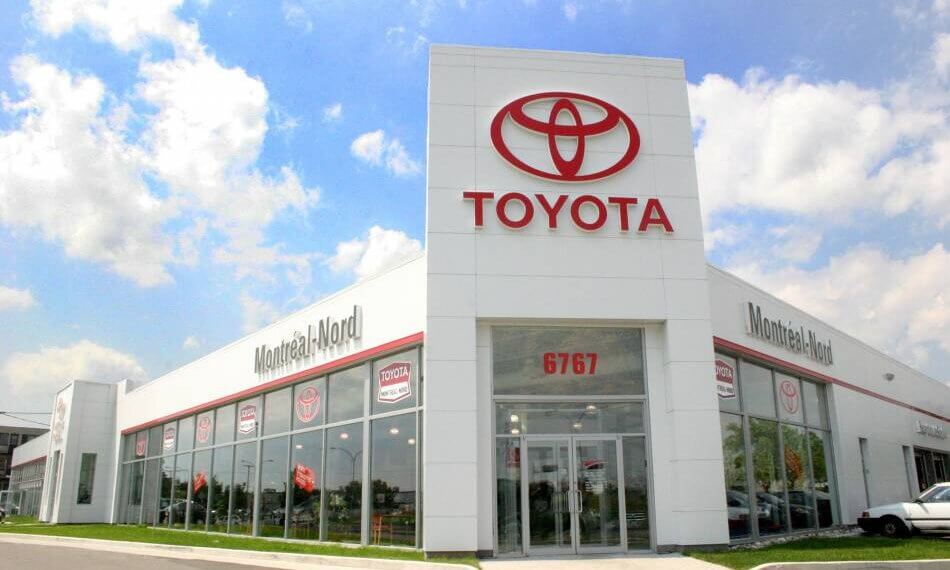The Tokyo stock market saw Toyota Industries shares plummet on Wednesday after Toyota Motor introduced a $33 billion private equity offer for its subsidiary which failed to meet shareholder expectations and revived worries about Japanese corporate governance standards.
The proposed acquisition price of 16,300 yen per share provides a 23% premium above Toyota Industries’ pre-deal stock price but remains below the 18,400 yen mark the shares reached before the announcement. The stock price dropped 12% to 16,205 yen during Wednesday’s trading session.
Zennor Asset Management CIO David Mitchinson believes the offer does not properly value Toyota Industries’ substantial real estate assets because it demonstrates how the Toyoda family prioritizes their interests above minority shareholder interests. “This seems a classic squeeze-out,” he said.
The Toyota Group conducts this buyout as part of its initiative to simplify cross-shareholdings because of regulatory requirements and better governance practices. The deal faces criticism because it allows the Toyoda family to maintain control of the group while diminishing the rights of minority shareholders.
The Tokyo Stock Exchange has started to require listed companies to eliminate “parent-child” structures which create disadvantages for smaller investors. The new holding company will execute the deal through investments of 180 billion yen from Toyota Fudosan and 1 billion yen from Akio Toyoda and 700 billion yen in preferred shares from Toyota Motor.
The offer undervalues Toyota Industries according to governance experts because of its extensive real estate holdings. The Board Director Training Institute of Japan CEO Nicholas Benes identifies this transaction as a clear example of how Japanese corporations push out minority shareholders.










